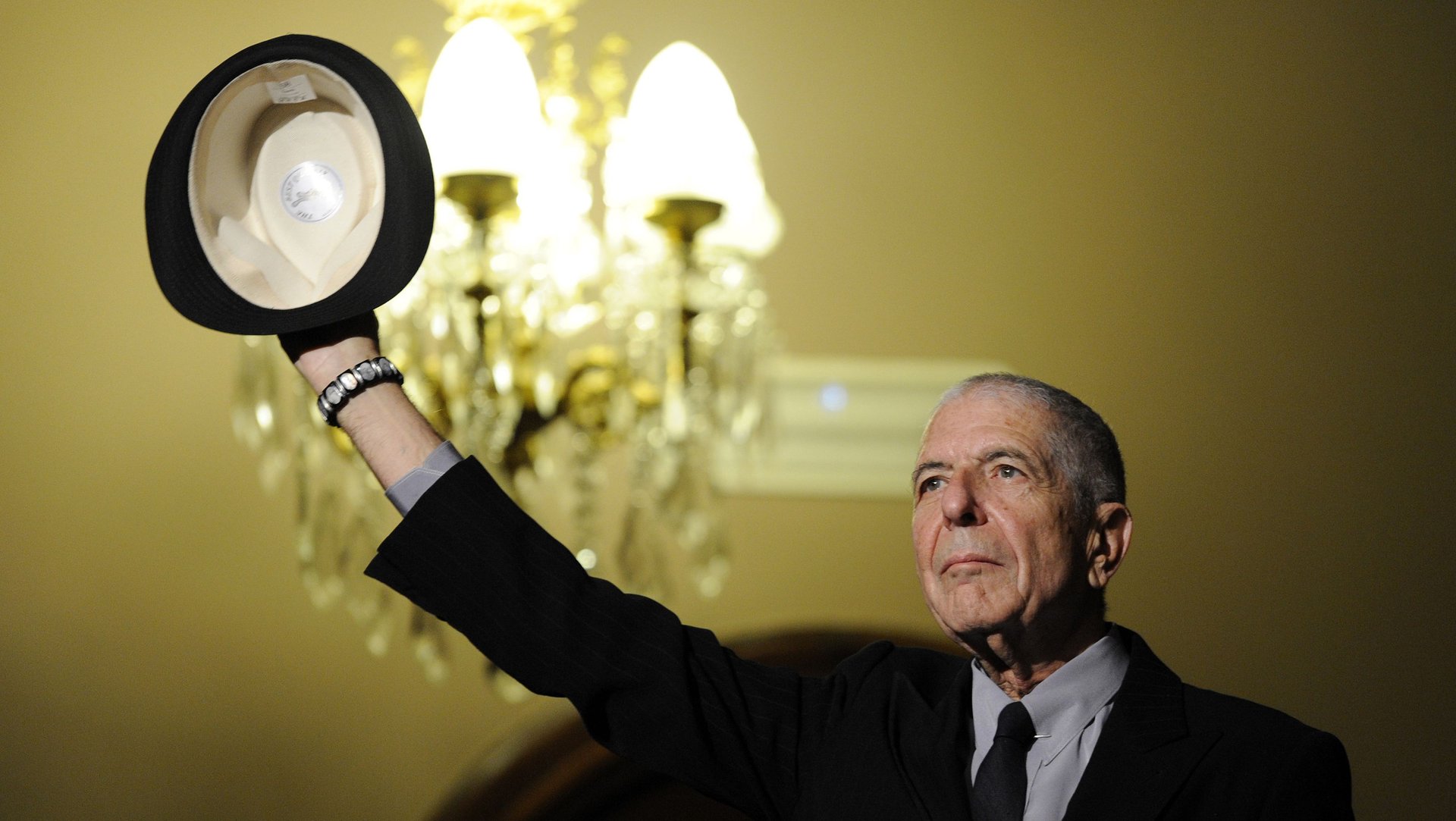The perfect response to imposter syndrome
When the imposter syndrome was first identified in 1978, it was initially considered something only women suffered. Since then, it’s become clear to researchers that this anxiety—the inescapable feeling that your success belongs to luck, or your ability to fool people, rather than your innate skills—exists in men at roughly the same rates, and in every field or profession. One of the psychologists who defined it has since said that “almost everyone has it.” (It’s thought that 70% of us will experience it at some point in our lives.)


When the imposter syndrome was first identified in 1978, it was initially considered something only women suffered. Since then, it’s become clear to researchers that this anxiety—the inescapable feeling that your success belongs to luck, or your ability to fool people, rather than your innate skills—exists in men at roughly the same rates, and in every field or profession. One of the psychologists who defined it has since said that “almost everyone has it.” (It’s thought that 70% of us will experience it at some point in our lives.)
Nevertheless, it’s still remarkable that the syndrome (which technically isn’t an actual syndrome) can strike impossibly talented people, including Leonard Cohen, who described his own version of it in an interview he gave David Remnick, editor of the New Yorker magazine, for the New Yorker Radio Hour podcast, just before Cohen died in the fall of 2016. Cohen is one of the most revered singer-songwriters of our time. His most widely known songs, like “Hallelujah” and “Bird On The Wire,” are often compared to life-changing prayers. How could he have questioned his talent?
But doubt, to painful degree, he did. In the interview, Cohen told Remnick about an incident that occurred in 1972, when he was on stage in Israel and suffering from severe anxiety. His imposter experience actually became personified, in a sense, after he had taken LSD, a drug that can trigger intense personal insights that can be therapeutic in the right supportive circumstances.
Fortunately, Cohen was in those circumstances, performing for an audience he called “sweet” because its members had begun singing to him when they saw he was struggling. After taking the acid, he first hallucinated that the woman for whom he had written the song “So Long, Marianne” was standing in front of him. But she disappeared, he says, adding:
“And then it turned into something in retrospect quite comic: the entire audience turned into one Jew! And this Jew was saying, ‘What else can you show me, kid? I’ve seen a lot of things, and this don’t move the dial!’ And this was the entire skeptical side of our tradition, not just writ large but manifested as an actual gigantic being!”
Here, Remnick and Cohen—who were both raised in Jewish homes—can be heard laughing, but the singer continues on a more serious note:
“Judging me hardly begins to describe the operation. It was a sense of invalidation and irrelevance that I felt was authentic, because those feelings have always circulated around my psyche: Where do you get to stand up and speak? For what and whom? And how deep is your experience? How significant is anything you have to say? . . . I think it really invited me to deepen my practice. Dig in deeper, whatever it was, take it more seriously.”
Cohen’s response illustrates exactly why imposter syndrome has been considered a predictor of success, even greatness. As Quartz’s Olivia Goldhill writes, “People with imposter syndrome tend to be perfectionists, which means they’re likely to spend hours working overtime to make sure they excel in every single field. So if you do suffer from imposter syndrome, chances are you’re doing a pretty good job.”
The difference with Cohen, however, is that he responded to the syndrome consciously. He acknowledged the doubts and stepped up to deal with them. Taking your work —whatever it is— more seriously isn’t among the tips most experts suggest for treating imposter syndrome, but perhaps it should be. The psychedelic aid is optional.